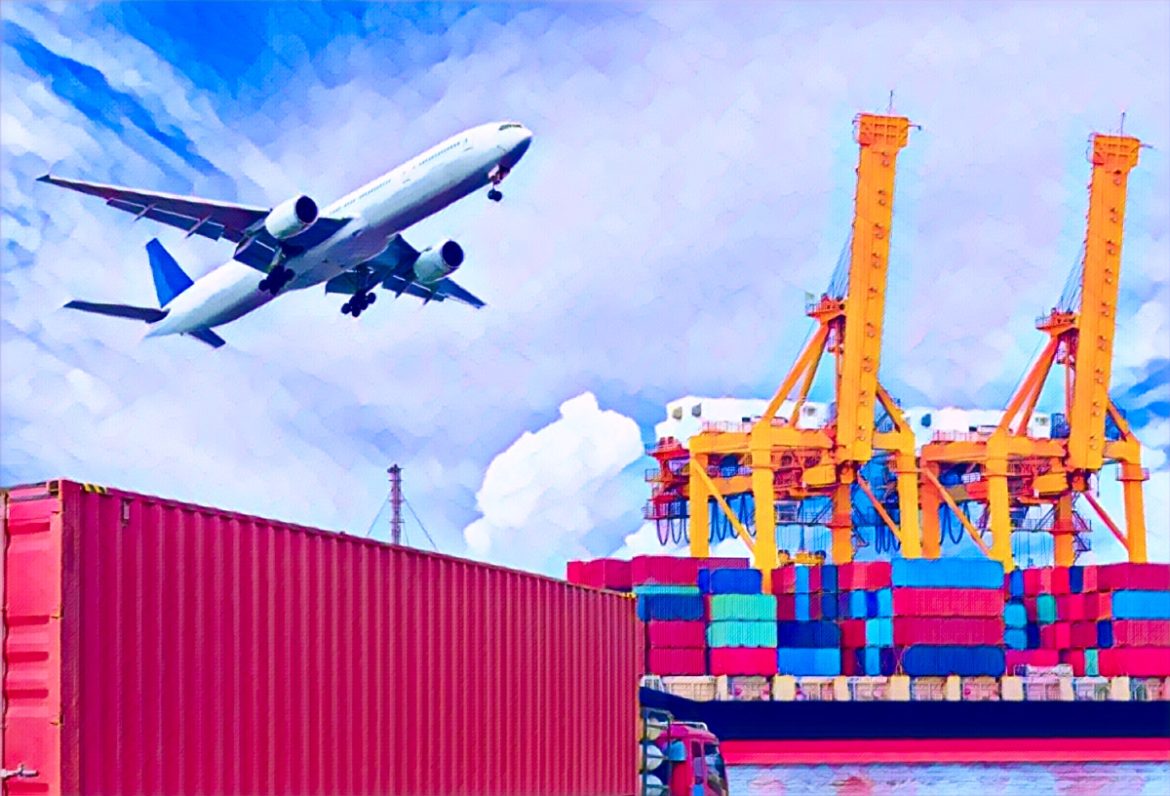KEY POINTS
- Zimbabwe targets $1 billion import savings with grain rules.
- Farmers say policy secures livelihoods and builds self-sufficiency.
- Risks include market dominance and supply disruptions.
Zimbabwe is making it harder for millers and agro-processors to acquire grain from local farmers by making new rules that require them to do so. This would help protect the economy against expensive food imports.
According to the Agriculture Ministry’s Statutory Instrument 87 of 2025, processors must receive at least 40 percent of the maize and oilseeds they need from local sources starting in April of next year.
By 2028, they must get all of their maize and oilseed needs from local sources. Officials estimate the measure may save the country more than $1 billion a year and protect food sovereignty.
New laws make it easier to get grain from nearby sources
Obert Jiri, the Secretary of Agriculture, claimed that Zimbabwe collected 2.9 million tonnes of cereals this year, which is more than the 2.2 million tonnes needed by the country. He also said that the new laws will make sure that extra production gets to markets without being hurt by cheaper imports from other countries.
Well-timed and smart policy
Farmer unions and business groups praised the steps, saying they were necessary to increase domestic production, protect foreign exchange, and create jobs. They also asked the government to make irrigation bigger, fix up roads and bridges, and make sure farmers get fair prices so they can keep working.
Risks remain despite food sovereignty push
Experts say that limiting imports could cause supply problems or let a few contractors take over the industry. Farmer groups called for stricter competition policies and help for cooperatives to lower risks while increasing production.


